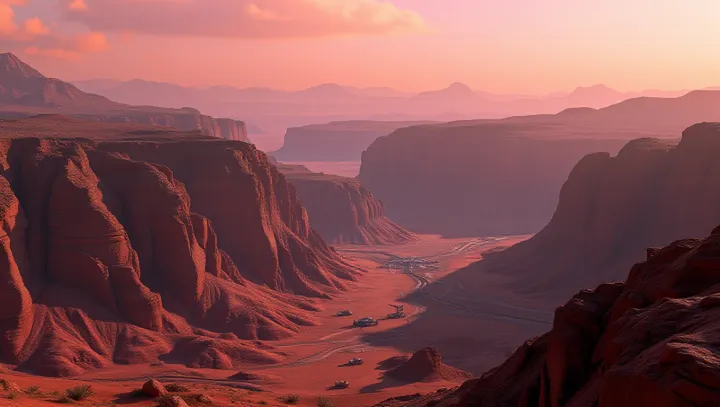Mars: Unveiling the Cosmic Enigma

Mars, known as the Red Planet, has long fascinated humankind with its vibrant hue and potential for hosting life. The recent missions led by NASA, alongside contributions from ESA, have further propelled interest in this distant celestial neighbor. Marty Thompson, a leading space scientist, refers to Mars as 'a laboratory for understanding planetary evolution.' One of Mars' most intriguing aspects is its extensive network of canyons and volcanoes, particularly the colossal Olympus Mons, the tallest planetary volcano in the solar system.
Such features offer insight into the tectonic activities and geological history that shape this unique landscape. Furthermore, the evidence of ancient waterways and potential subsurface lakes presents compelling possibilities regarding past or even present microbial life. This prospect tantalizes scientists, driving technological advancements such as more sophisticated rovers and satellites designed to probe these environments rigorously.
Mars' thin atmosphere and vast deserts challenge human exploration, yet they also kindle the flames of innovation. From developing habitat modules to creating sustainable life support systems, the pursuit of Martian exploration is no less than humanity's grand adventure in conquering the cosmos.
